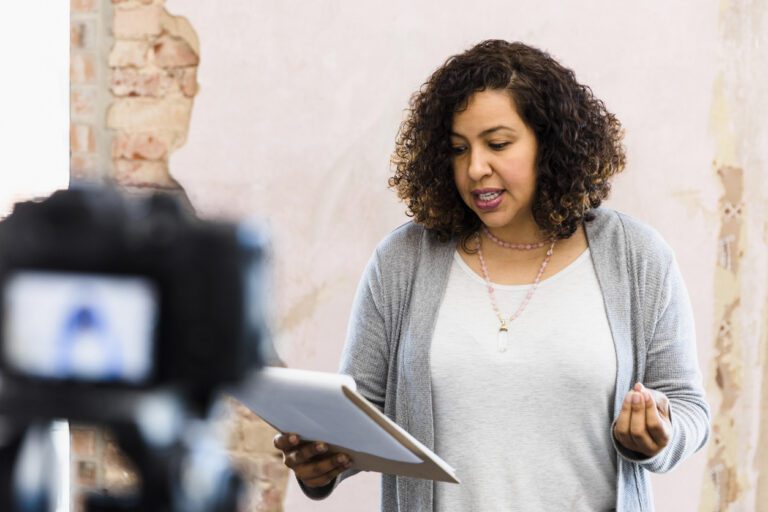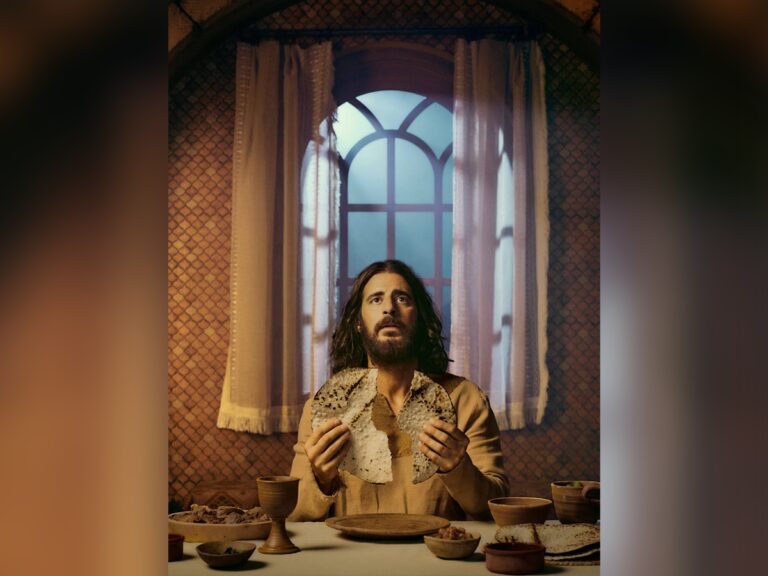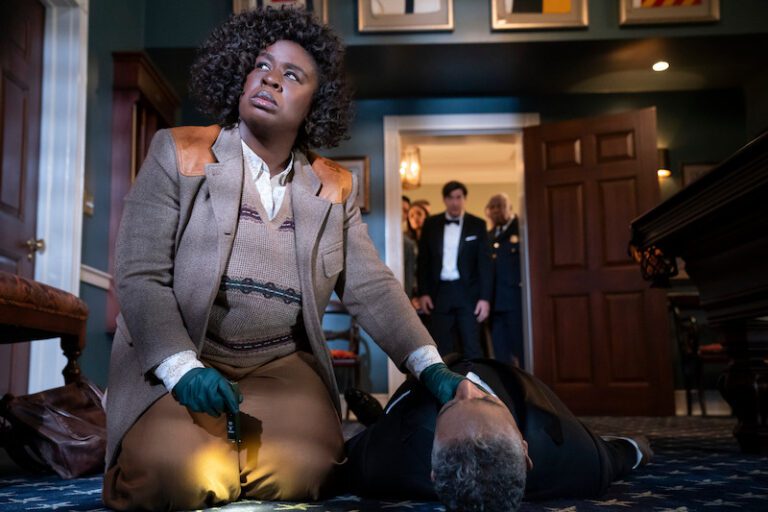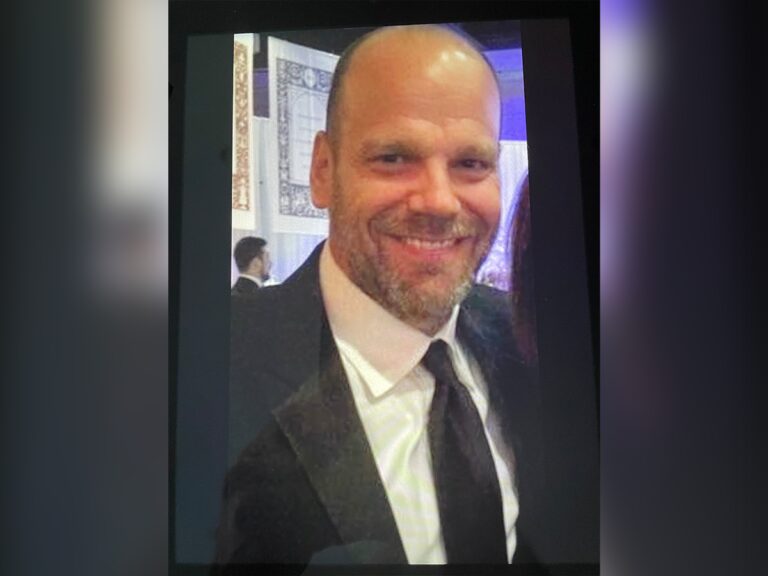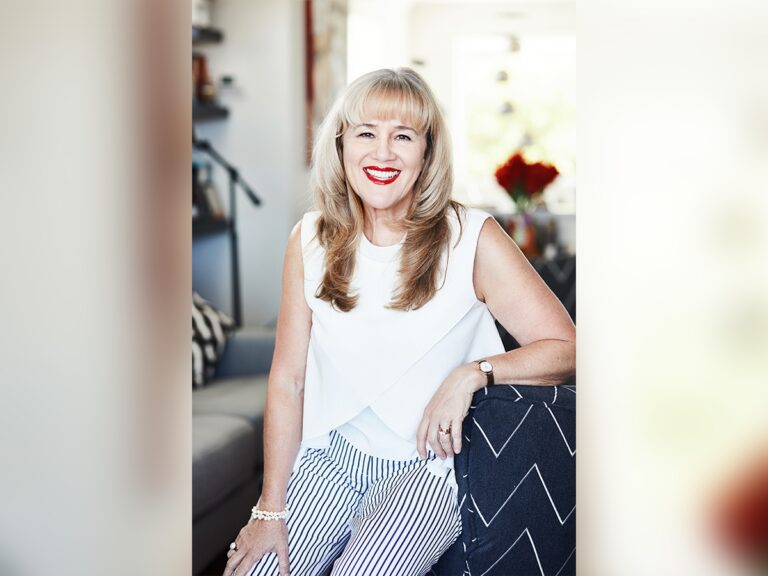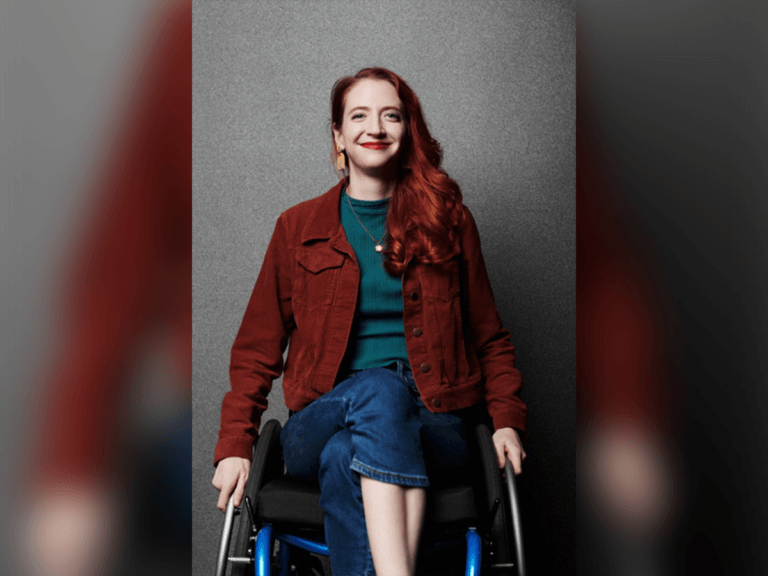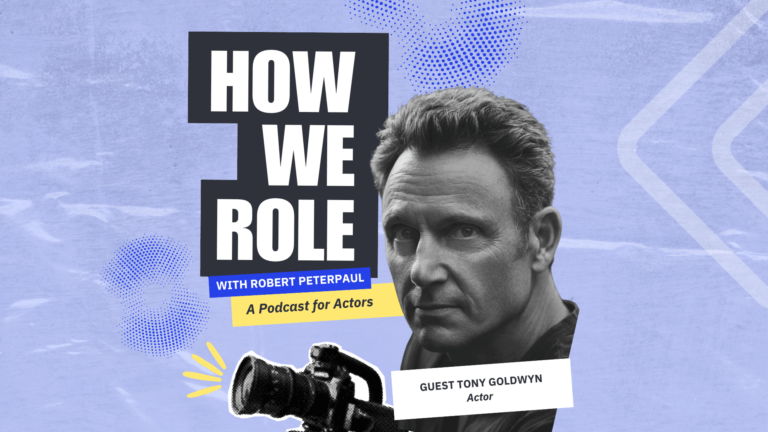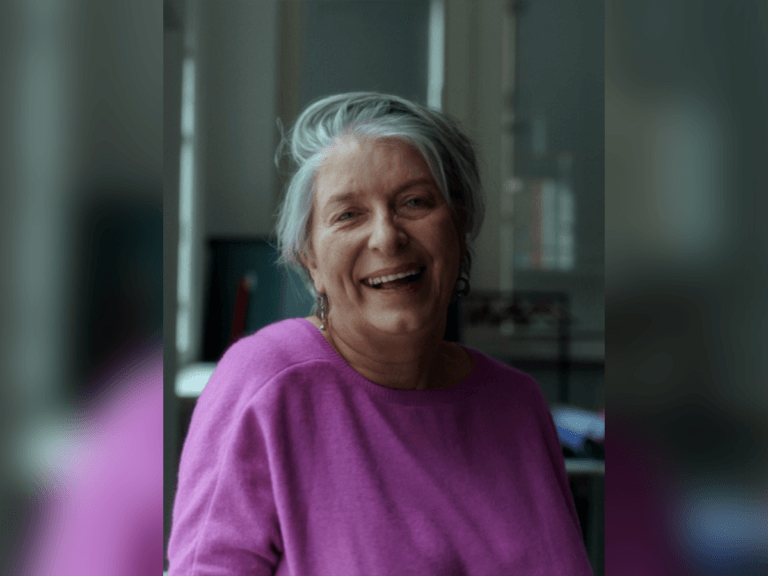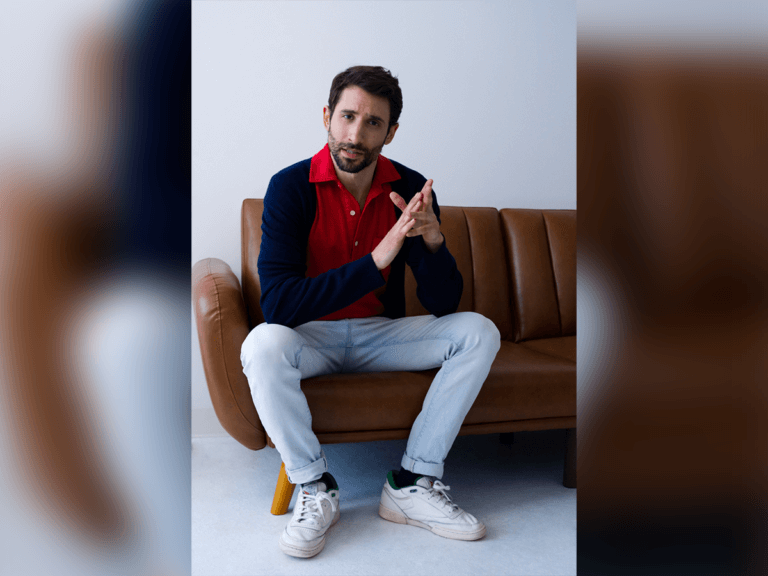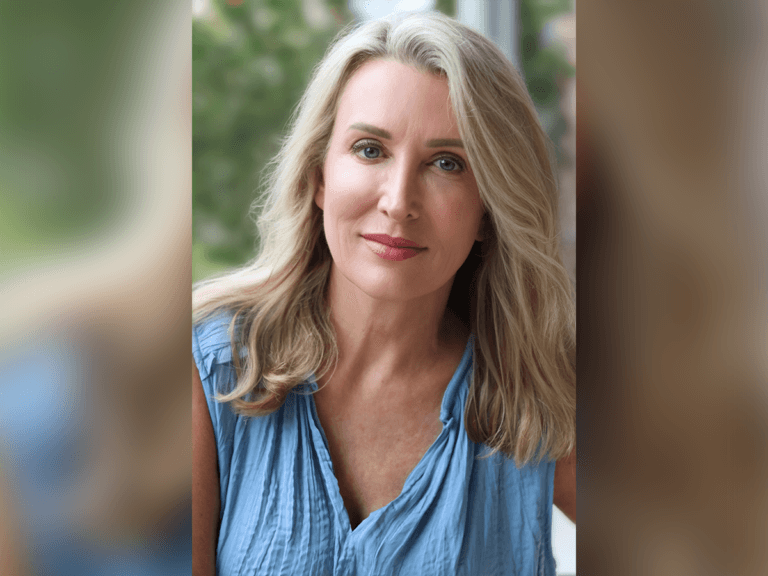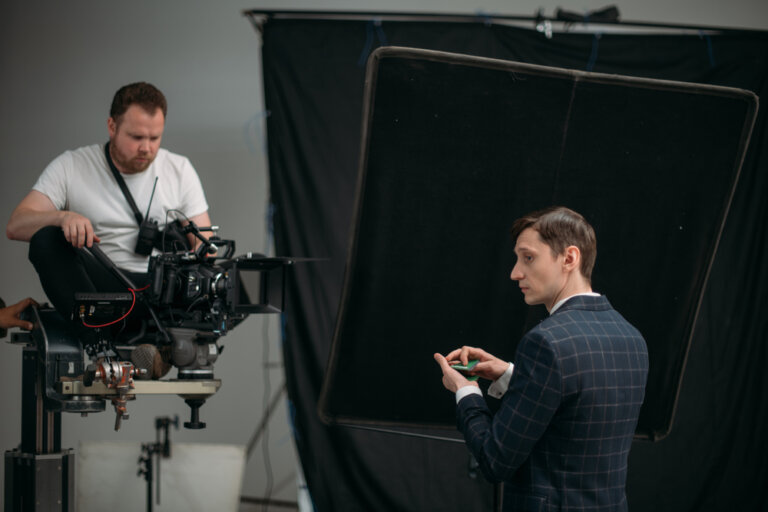Wittney Horton doesn’t love talking about herself because her work more than capably speaks for her.
Over the last few years, she has been the casting director for Transformers: Rise of the Beasts, the hit horror flick The Boogeyman, and the TV adaptations of the cult films Let the Right One In, with Demián Bichir, and Snowpiercer, starring Oscar winner Jennifer Connelly.
Her latest project, the video game adaptation Until Dawn, hits theaters on April 25. With that major release on the horizon, she agreed to chat with us from her home office in LA.
Insights: Lessons from Wittney Horton
- Know what you’re saying and know the material.
- There’s always a way to pitch something.
- If you’ve flubbed a line, keep going.
Thinking about joining Casting Networks? Sign up for a free trial today!
How did you get into casting in the first place?
I have an untraditional path. When I moved to LA, I thought that I was going to be a producer, so I spent almost nine years working on the development side. After the 2007 writer’s strike, I had to reevaluate what I was doing with my life.
I was trying to be an independent producer and loved that side of the business, but had zero talent relationships. An opportunity fell in my lap to go work for an amazing casting director. I was in a period of just saying yes. So I said yes thinking that it would teach me about the talent side of the business because I didn’t know anyone. That’s how I got in.
What was it about casting that felt so natural to you that you decided to make the change and stick with it?
I think it’s because it was still so closely related to what I first fell in love with about the business in general, which is working with writers and directors and getting to help those people realize their visions for their projects. You’re doing it, just in a different way. You’re doing it through actors.
It’s a great combination of the creative side and the negotiation stuff. I do a ton of research. I throw myself into new populations when a role requires that, and I love the negotiation side. It’s a different part of your brain that you have to use.
People don’t talk about everything that encompasses what a casting director does. They tend to focus on the auditioning part; which is important, but it’s not all that we do, and I think that gets lost sometimes.
Sure. There are a lot of levels involved.
There’s so much politics involved, studio politics and creative team politics. Part of what we do is being the liaison between all these different groups trying to get everyone to agree on one person.
A lot of what I do is: once I find the person that I truly believe is right, I champion them. For example, I had surgery early on in my casting director career in the middle of a pilot that I was doing. I woke up from my surgery in the recovery room, and I was making calls to try to get the lead of the show the part. I believed that he was the one, and he ended up getting it.
That kind of advocacy doesn’t see the light of day. It’s all behind closed doors, and I think actors don’t realize that it goes on but the really good casting directors do that.
That’s dedication coming out of surgery and making calls.
I guess I’m passionate. (Laughs)
What made you decide to go out on your own?
I was just looking for opportunities to fly solo and I wasn’t getting them where I was working. I had a desire and an ambition to be my boss.
Some casting directors specialize in comedy or drama or TV or movies, but you diversify. How do you pick your projects?
The quality of the material. I’m always looking for a very well-written script. People say, “How do you get stars on board?” When I signed on to Snowpiercer, Jennifer Connelly was not attached. Nobody was. The way that we got her on board was because of the quality of the script.
I try to seek out creative partners with the one common denominator being quality. Sometimes it’s people whom I’ve worked with before, like Dan Cohen, who was at 21 Laps and now is running Glen Powell’s company. I’m genre-agnostic.
Yeah, because I know some people won’t do horror, and you’ve now done it a few times.
When they came to me with The Boogeyman — which is a Stephen King project — I knew who Stephen King is, but I wasn’t super familiar with the story. The way the producer pitched it to me was that it was Ordinary People as a horror film and that it’s a movie about grief.
There’s always a way to pitch something. There are all kinds of things to fall in love with about a project. Like East of Wall, my movie that just went to Sundance in January. I don’t get sent a lot of Indies, but this one came to me because I had a relationship with the producer for like, 20 years, but we had never worked together.
It was an unfinanced indie — which is especially something that I try to avoid — but she sent me this teaser that the director had done. It was a first-time female director and the teaser was undeniable. It showed so much promise and the story was so intriguing because it was a docu-fiction film, so it was going to blend real people with actors. Then I met with the director. She had so much passion for the story, so I just took a flyer and did it. It was an amazing journey and I’m glad I took it.
That leads me to Until Dawn. What was it about the project that spoke to you?
I was excited about the fact that it had a built-in audience from the game. I had never played the game, but I talked to people who were super passionate about it and how much it meant to them. I had liked [director] David Sandberg’s projects and was excited about the opportunity to work with him. I had also heard a lot about [writer] Gary Dauberman and was excited about the possibility of working with him, too.
My husband kind of tangentially has spent almost his entire career in horror, so when I get sent things, sometimes he’ll be like, “Oh, you should do this.” He’s a good resource when it comes to horror specifically, and I was just excited also to work with a new studio. I hadn’t worked with Sony before.
Speaking of working with new people, what piece of advice or wisdom would you give to an actor coming in to audition for you?
Know what you’re saying and know the material. Also, if you’re going and you mess up one word, keep going. I’ve had actors try to start over five different times because they keep flubbing a line or a piece of dialogue or something. If you get the intention of it right and you just miss one word or something, it can still be a great audition.
I’ve seen people completely lose it. You can see them get in their head about messing it up, stopping and then keep messing it up. You can see the inner dialogue in their minds of them beating themselves up about it instead of just trying to push through and finish.
You may also like:
